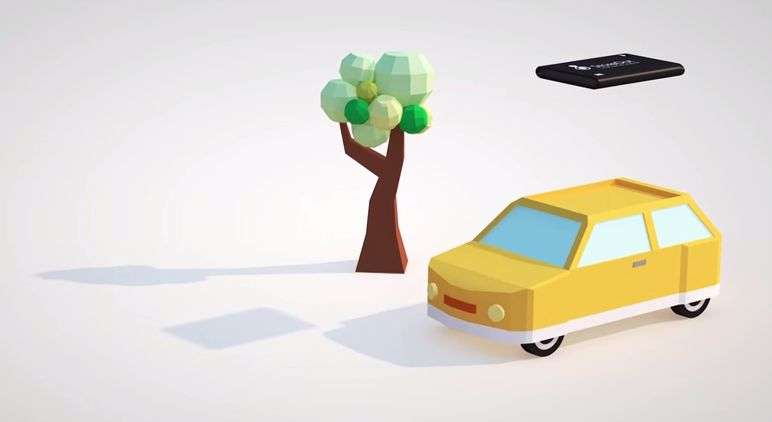August 21, 2015 weblog
Five-minute charging for electric cars joins StoreDot agenda

An Israeli startup looks to make a real difference in working up a five-minute charging solution for an electric car.
StoreDot, which has promoted its technology that can charge a smartphone in 30 seconds, said it has technology that can now be applied to electric vehicles.
In a video, the company said an array of StoreDot cells——7000 StoreDot cells—could enable five-minute car charging, providing a range of 300 miles. "The EV FlashBattery comprises thousands of cells assembled and packed in a single battery module. When fully charged, the EV FlashBattery stores enough energy for a car to travel 300 miles (480 km) on a 5 minute charge," said the company.
To be sure, such a product would have its market. Cost, range, charging times. Once those hurdles are jumped, the electric car party can begin.
A site for electric and hybrid cars, ecomento, said Thursday that "Expanding interest in electric cars is leading to something of a golden age in battery research."
Companies are eager for breakthroughs. Paul Sawers in VentureBeat similarly observed a "flurry of activity in the battery space recently, and it's an area that could offer lucrative rewards for whoever can pack the biggest punch into as small a space as possible, in the shortest timeframe."
StoreDot's work is described by Stephen Edelstein in ecomento. He said, "StoreDot, "believes it can speed up charging by creating a new variant of the industry-standard lithium-ion chemistry. It uses nanotechnology to make new organic materials that researchers claim have lower resistance than the materials used in current lithium-ion cells. That means electricity can flow through the battery more easily."
StoreDot's team talks about its "proprietary organic compounds" which improve the performance of devices, including batteries, displays, sensors and digital memory.
These are "chemically-synthesized organic molecules of non-biological origin." The molecules have demonstrated "uniquely tunable" optical and electrochemical properties, they said. They allow for the "emission of vivid saturated colors and the enhanced performance of energy storage devices."
What stands out in contrast to competing technologies based on metals, including heavy and toxic metals, is that the team's. organic compounds are non-toxic and environmentally safe. According to the company, "The FlashBattery contains, in addition to lithium, non-flammable organic compounds encased in a multi-layer safety-protection structure that prevents over-voltage and heating, and is therefore considerably safer than traditional LiBs [Lithium-ion batteries]."
Another standout feature is cost. "The charging experience is similar to fueling a gasoline car," they said, but their EV FlashBattery cost of ownership is only "half per mile compared to existing electric-vehicle batteries."
According to VentureBeat's Sawers, StoreDot said that "Certainly, instant (OK, 5 minutes) would be a marked improvement on the current timeframe for recharging a car, which can vary from two to eight hours."
The company has been testing batteries in cellphones with some electronics companies, said Edelstein in ecomento, and it does not expect its batteries to be ready for commercial use in electric cars for at least five years.
More information: store-dot.com/Technology.html
© 2015 Tech Xplore















